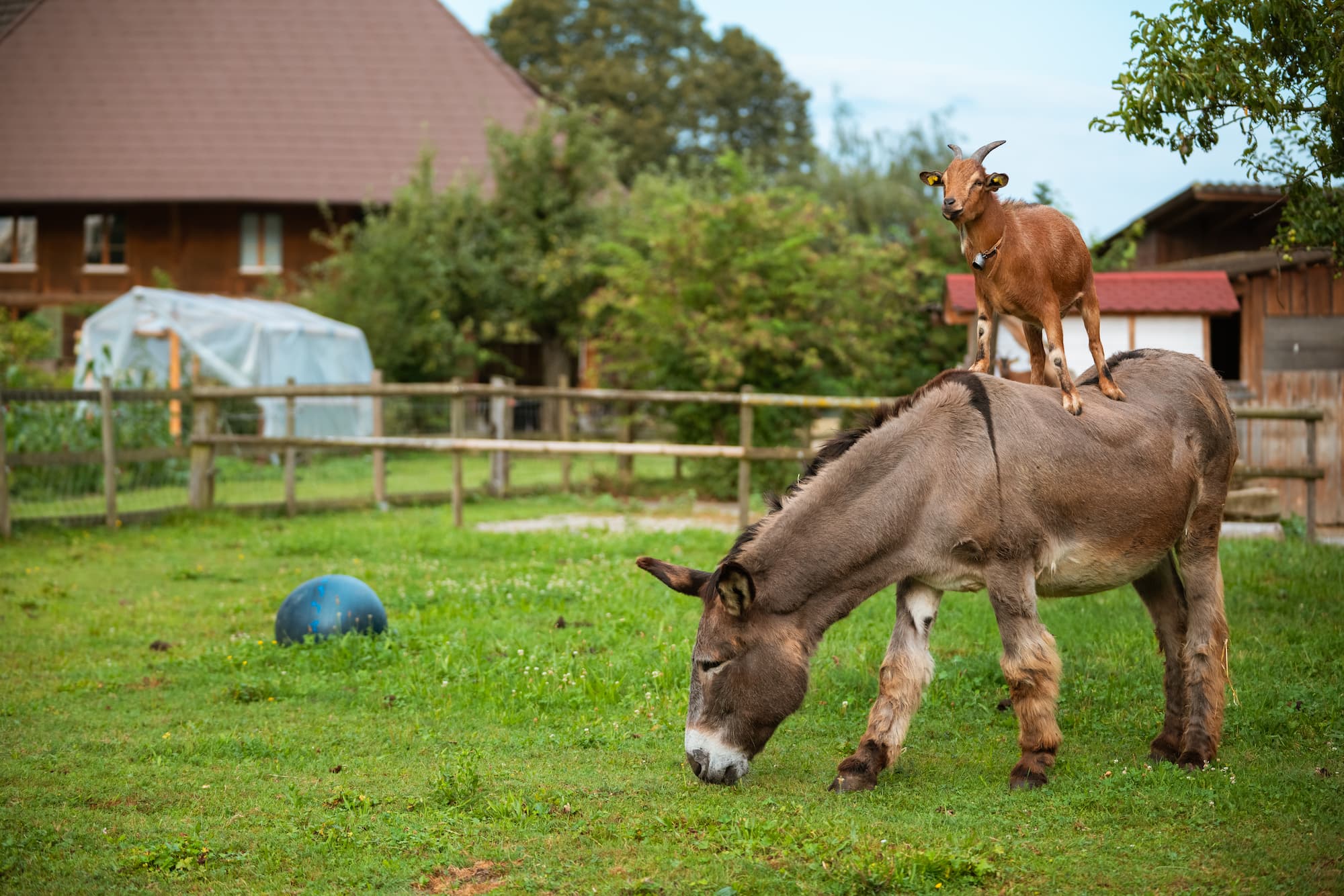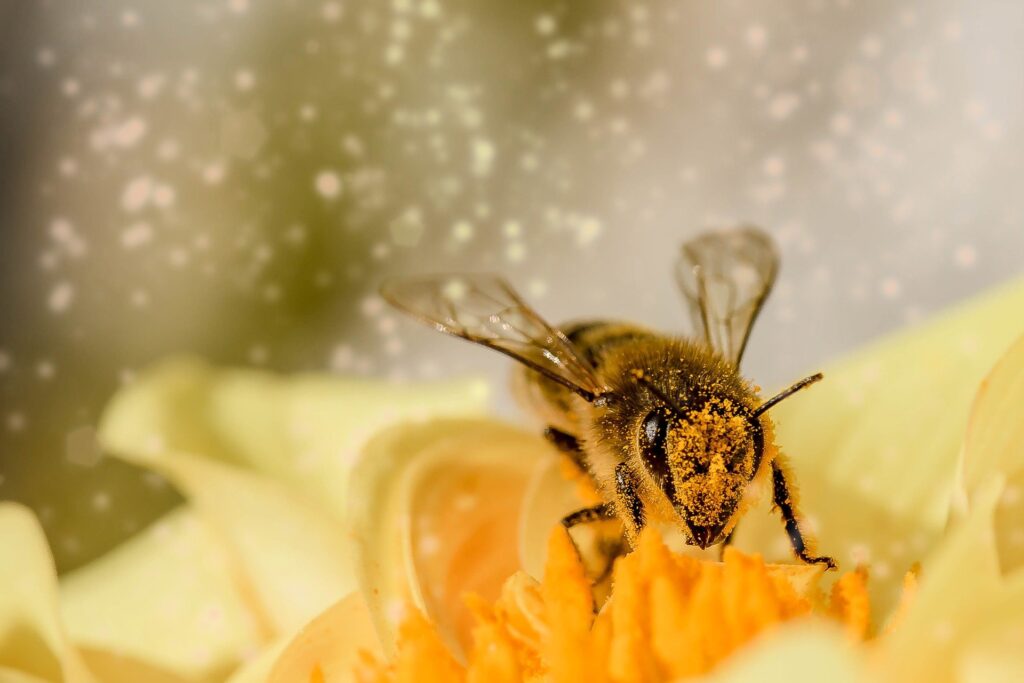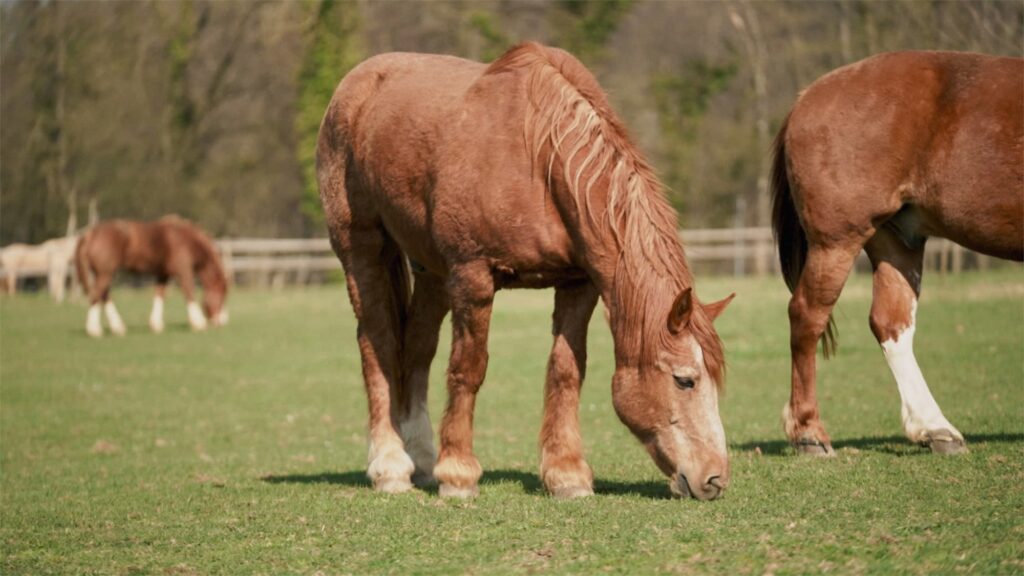
Animals
A wide range of animals live on Swiss farms: cows, pigs, fowl, goats and sheep, but also exotic animals such as alpacas and water buffaloes contribute to a multi-faceted agriculture. Farm animals are an integral part of Swiss agriculture; they make an important contribution to our effective land utilisation. What is more, slurry and manure help nourish agricultural plant cultures.
Find out more about the animals in Switzerland
The cow – the perfect Swiss animal
The cow is regarded as Switzerland’s unofficial national animal and plays a key role in agriculture. Arable farming is not possible in many areas – such as hilly regions and the Alps – but grass grows there in abundance. Cows, sheep and goats graze in these areas, converting the lush grass into milk and meat and, at the same time, reducing scrub encroachment. This keeps the typical Swiss landscape intact.
Many different breeds of cattle are to be found: Braunvieh, Holstein and Swiss Fleckvieh are the best-known dairy cows, while special beef cattle breeds are used for meat production. Dual-purpose breeds, such as the Simmental, provide both milk and meat.
Animal diversity on the farms
To only think of cows when speaking of Swiss agriculture would be wrong, however. Domestic fowl for the production of eggs and poultry meat as well as pigs, goats and sheep are also common farm animals.
There are various local breeds such as the Valais Blackneck goat or the Engadine sheep. Some of these country breeds are at risk of extinction. Various committed breeders are doing their best to ensure their continued existence in Switzerland.
Swiss agriculture also features some unusual animals: deer, lamas, quails, ostriches and even camels can be found on specialised farms. Some farmers breed and rear fish or produce horse milk.
Animals of great importance to agriculture are, of course, bees. Swiss bee keepers keep as many as 65,000 bee colonies. They pollinate the crops and enable the production of fruit and vegetables. In addition to this important function as farmers’ helpers, they also produce delicious honey.








